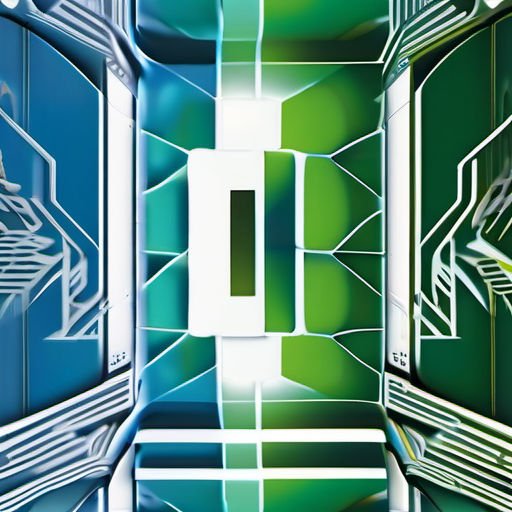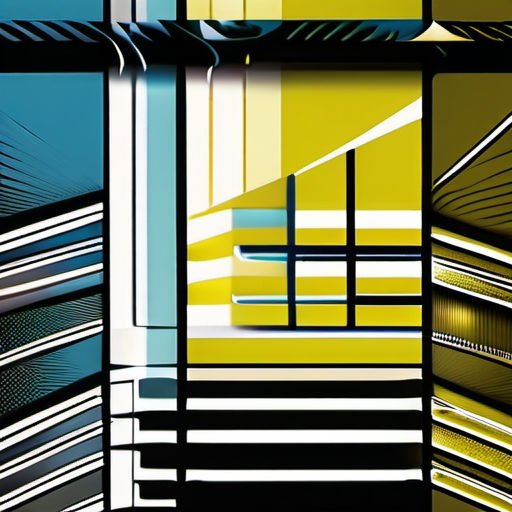Meet the DNA Rebels Who Worship Gene Splicing Like a Religion
A Dystopian Exploration of Genetic Mysteries
In the realm of cults and science fiction, few films capture the eerie intersection of genetics and fanaticism quite like “The Clonus Horror.” This chilling tale dives into the unsettling world of dna cults — secretive groups obsessed with genetic engineering and human cloning. The movie not only explores the ethical and scientific dilemmas of genetic manipulation but also serves as a cultural artifact reflecting society’s anxieties about playing god with DNA. For anyone fascinated by the intersection of genetic engineering and societal paranoia, “The Clonus Horror” offers a gripping narrative that still resonates decades after its release.
The Genesis of a Cult Classic
“The Clonus Horror” premiered in the late 1970s, a period rife with scientific breakthroughs and equally intense fears about their implications. The film’s premise revolves around a clandestine community where human clones are raised as organ donors for wealthy elites. The psychological horror is amplified by the cult-like control imposed on clone inhabitants, whose identities and destinies are strictly manipulated.
Behind the Scenes: A Glimpse into Production
– Directed by Robert Harmon, who would later gain fame for directing “The Hitcher” (1986).
– The screenplay was inspired by real scientific debates of the era concerning cloning and genetic manipulation.
– Budget constraints led to innovative special effects that enhance the film’s eerie atmosphere.
– Released initially under the title “The Harvest,” it later gained cult status under “The Clonus Horror.”
The filmmakers cleverly tapped into the societal fears around genetic science, turning the concept of dna cults into a narrative device that fuels suspense and intrigue. The cult in the film doesn’t just practice genetic engineering; they treat their clones as commodities, highlighting the darker side of scientific hubris.
Understanding DNA Cults in Fiction and Reality
DNA cults, while often a fictional trope, draw from real-world concerns about genetic technologies. These groups, whether in movies or theories, revolve around the obsession with DNA purity, genetic superiority, or manipulation of human traits.
Characteristics of DNA Cults
– Obsession with controlling and enhancing genetic traits.
– Isolation from mainstream society to protect genetic “ideals.”
– Rituals and beliefs centered on the sanctity or power of DNA.
– Practices often include cloning, selective breeding, or gene editing.
– Members often exhibit unwavering loyalty and secrecy.
In “The Clonus Horror,” the dna cult controls clones from birth, erasing individuality and imposing harsh limitations. This reflects anxieties about losing identity to biotechnological advancements—a fear that remains relevant as real-world genetic engineering progresses.
Real-World Parallels and Warnings
While fictional DNA cults exaggerate for effect, they echo genuine ethical debates:
– The potential misuse of CRISPR and other gene-editing tools.
– The emergence of underground biohacking groups experimenting outside legal frameworks.
– Societal divisions based on genetic modifications or enhancements.
– Ethical dilemmas surrounding cloning and genetic privacy.
These issues underscore why “The Clonus Horror” is more than just a sci-fi flick; it’s a cautionary tale about the consequences when genetic obsession crosses moral boundaries.
Scientific Themes and Ethical Questions Raised
“The Clonus Horror” isn’t just a suspenseful movie—it’s a springboard for deeper reflections on genetics and ethics.
Human Cloning and Identity
The film grapples with what it means to be human when clones are considered nothing more than spare parts. This raises questions such as:
– Can clones possess individuality, or are they mere copies?
– How do rights and freedoms apply to genetically copied beings?
– What psychological impact does knowing one’s origin have?
These themes resonate strongly with current scientific discourse on cloning and genetic engineering ethics.
Genetic Engineering as Control Mechanism
The cult uses genetic engineering to maintain societal control, symbolizing fears of science being exploited for power. This theme explores:
– The ethical implications of designing humans for specific roles.
– Potential loss of free will through biological manipulation.
– Societal impact of creating genetically engineered classes.
By highlighting these dangers, the film encourages viewers to ponder the responsible use of genetics.
Legacy and Influence on Sci-Fi and Genetics Discourse
Despite its modest budget, “The Clonus Horror” left a lasting impact on science fiction and the conversation around genetic ethics.
Influence on Later Media
– Inspired characters and themes in popular franchises like “The Island” (2005), which centers on clones kept for organ harvesting.
– Prompted deeper storytelling around clones and identity in sci-fi literature and films.
– Popularized the image of hidden genetic experiments controlled by shadowy groups—a trope now common in dystopian narratives.
Contribution to Public Awareness
The film helped raise awareness of potential issues related to dna cults and genetic experimentation by:
– Provoking audiences to question the moral boundaries of cloning.
– Sparking discussions about the ethics of scientific advancements.
– Demonstrating how science fiction can reflect societal fears and hopes.
Its ongoing relevance confirms the power of storytelling in shaping public dialogue on science.
Why DNA Cults Fascinate and Frighten Us
DNA cults capture both imagination and anxiety. Their blend of science and fanaticism taps into primal human concerns about identity, control, and the future of humanity.
The Psychological Draw
– The mystery of cloning and genetic secrets intrigues our curiosity about creation.
– Cult dynamics reveal fears of loss of autonomy and forced conformity.
– Combining DNA obsession with cult behavior intensifies the sense of danger.
Modern Reflections on the Theme
Today, with advancements in genetic testing, editing, and therapy, dna cults symbolize:
– Ethical confusion amid rapid biotechnology progress.
– Fear of surveillance and genetic discrimination.
– Concerns over “designer babies” and genetic inequality.
In this context, “The Clonus Horror” remains a relevant lens through which to examine these issues.
Exploring Further: Resources and Insights
For readers intrigued by genetic engineering and dna cults, several resources can deepen understanding:
– The National Human Genome Research Institute provides accessible info on genetics and ethics (https://www.genome.gov).
– “The Ethics of Human Cloning” by the Hastings Center offers comprehensive discussions of cloning controversies.
– Sci-fi forums discussing “The Clonus Horror” and its legacy deepen fan appreciation of its themes.
These materials complement the themes explored in “The Clonus Horror,” enriching your grasp of the complexities of genetic science and its cultural impact.
Final Thoughts on The Clonus Horror and DNA Cults
“The Clonus Horror” stands as a striking example of how science fiction can unravel the intricacies and perils of genetic engineering through the lens of dna cults. By weaving horror, ethical quandaries, and societal critique, it invites audiences to reflect on the power and responsibility that comes with manipulating life itself. As genetic technologies continue to advance, these themes grow ever more pertinent.
If the idea of secretive dna cults and the moral dilemmas of cloning captivate you, dive into “The Clonus Horror” and explore further how speculative fiction mirrors and magnifies real-world genetic challenges. Stay curious, question boldly, and engage with the evolving conversation on the future of human genetics.












Post Comment